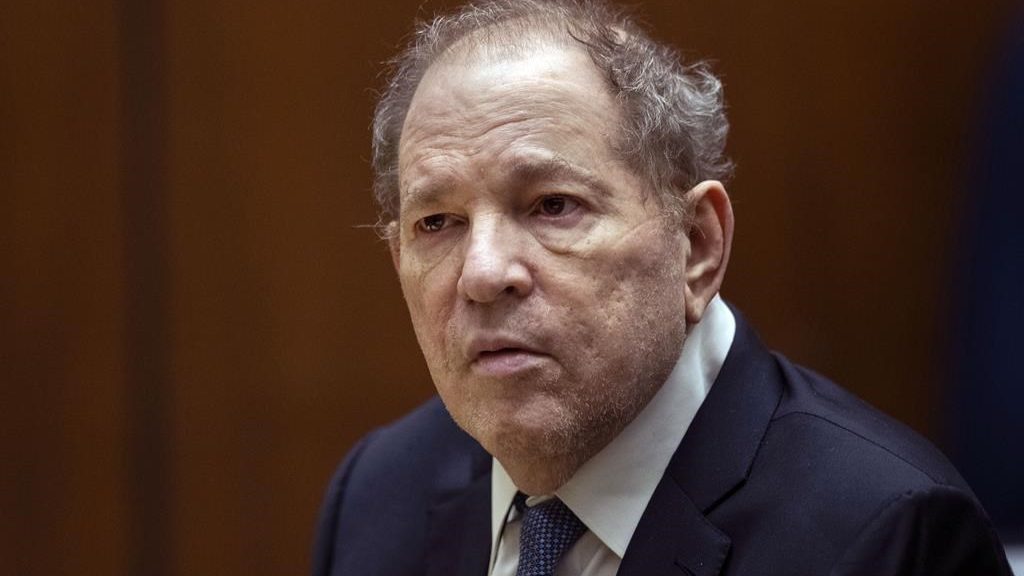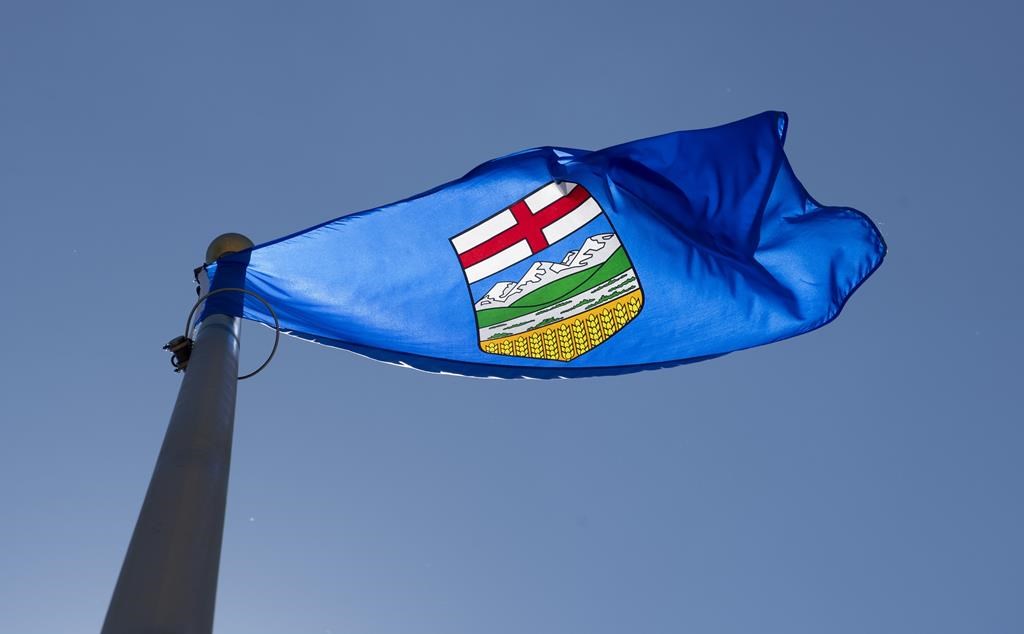Budget change would make the Alberta deficit more accurate – but bigger: study
Posted Feb 14, 2018 3:42 pm.
This article is more than 5 years old.
The 2017 Alberta budget had a deficit of $10.3 billion, but had the NDP used the formula in place for decades by previous governments before it was changed in 2015, it would be about a $1 billion more.
That’s according to a new research paper by the University of Calgary’s School of Public Policy, which recalculated the recent budget using the old plan.
Before 2015, the government did not include the budgets from the so-called SUCH sector — school boards, universities, colleges and hospitals.
But the old PC government decided to change that and make the budget more inclusive, which Professor Ron Kneebone said changes it significantly.
“I’m a big believer that budgets should be transparent as possible, it should be easy for a government to explain to people what they’re doing and how much it is costing,” he said. “As Alberta did in 2015, it really makes it impossible to compare what the government is doing today to what it was doing in the past.”
Although Kneebone was able to calculate the deficit, the debt wasn’t.
“That’s a hornet’s nest,” he said.
He also dismissed the idea that doing the accounting change would have political ramifications, since the new formula was brought in the by PCs and the old way would’ve made their last budget about $400 million more.
“I really don’t see any politics in this, this is purely an accounting exercise and again it’s useful to remember it was the PCs who brought this in, not the NDs,” he said.
660 NEWS has asked the NDP if it would consider going back to the old system.
Kneebone argues the SUCH budgets should not be included because despite granting those institutions funding, the government does not make decisions about who to hire or administer other funding practices.
“It depends how you want to define a government,” he said. “Another thing to consider is the Alberta Treasury Branch, ATB, is that part of the government or not? It’s a Crown corporation, it makes many decisions about many things, the government doesn’t make those decisions.
GOING FORWARD
As for the deficit the NDP has put forward, Kneebone suspects there are going to be spending cuts going forward.
A day after a fiscal update in late November, Monitoring Agency DRBS downgraded Alberta’s rating from AA-high to AA.
Spokesperson Paul Lebane said at the time, it had to do with Alberta’s handling of finances.
“They’ve been signalling that their intention is to return to balance, but we haven’t seen credible action or we haven’t seen a real meaningful plan to do so,” he said.
In response, Finance Minister Joe Ceci that Alberta’s economy was looking up at the time and that they were “carefully tightening our belts.”
Kneebone said the province still has good credit ratings overall, but they have to put credible plans in place.
“There’s going to be, I’m hoping, they’re going to announce a realistic plan to a balanced budget, without relying wholly and hoping and praying for a recovery in oil prices,” he said.
Kneebone said the government’s decisions have to be more than just not replacing civil servants who retire.
He understands the political implications, but that would include moderating wage increases and doing what most economists suggest, introducing a sales tax.
“They hurt, but they don’t hurt as much as what Ralph Klein did which was basically gut whole departments and close hospitals,” he said. “You can do it gradually, but you got to get going on it, and the longer you wait, the more debt you accumulate and the higher the interests payments you end up paying on the higher debt.”










